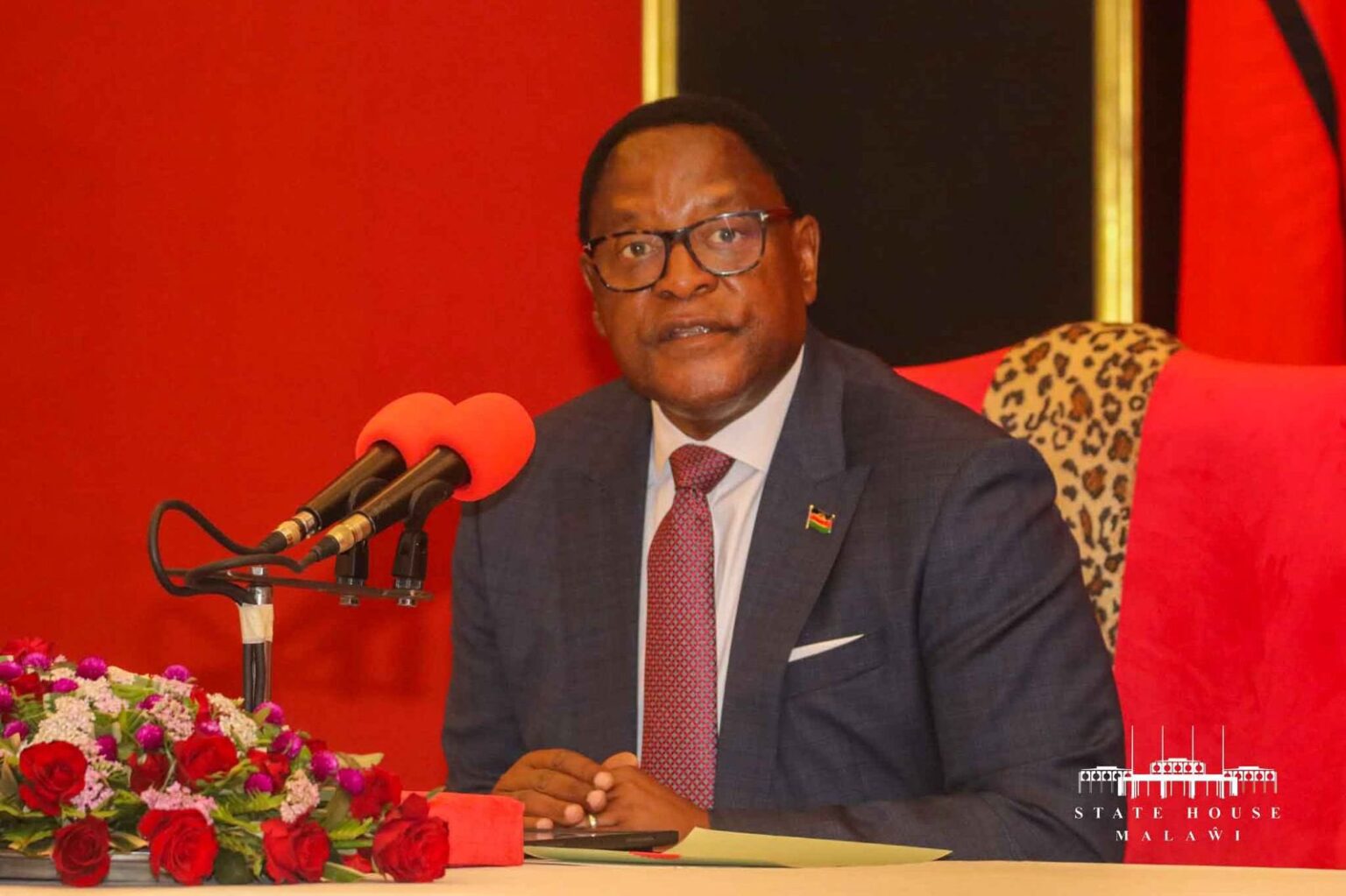Chakwera, 70, said the results announced so far by the Malawi Electoral Commission (MEC) made it clear that Mutharika had secured an “insurmountable lead” and was the presumptive winner.
Malawi’s President Lazarus Chakwera has formally conceded defeat in the presidential election, paving the way for his rival, Professor Peter Mutharika of the Democratic Progressive Party (DPP), to become the nation’s seventh president.
Speaking at Kamuzu Palace in Lilongwe on Wednesday, Chakwera, 70, said the results announced so far by the Malawi Electoral Commission (MEC) made it clear that Mutharika had secured an “insurmountable lead” and was the presumptive winner.
“A moment ago, I called Professor Mutharika directly to congratulate him on his historic victory and to wish him well in his upcoming tenure,” Chakwera declared.
“I accept the results of the presidential election that the MEC has already validated and released, just as I will accept the final tally that the Commission is scheduled to announce at 2pm.”
Chakwera, who has served as Malawi’s sixth president since 2020, acknowledged the disappointment of his supporters but emphasized that conceding was the right step in upholding the Constitution and the will of Malawians.
“To those who supported my re-election, I will forever be grateful for your trust,” he said.
“But to the majority who voted for change, I concede defeat because it is only right to respect your will.”
The outgoing president pledged his full commitment to a peaceful transfer of power, revealing that he had already instructed his staff to facilitate a seamless handover.
“I have directed my team to leave all State Residences in good order for the President-elect to move in upon taking his oath of office,” he affirmed.
‘Meticulous handling of polls’
Chakwera praised the MEC for its “meticulous and outstanding” handling of the polls, singling out its chairperson, Justice Annabel Mtalimanja, for steering the process with “a cool head and steady hands.”
He nonetheless urged the Commission to follow through on addressing reported irregularities and to hold accountable those who broke electoral laws.
“The anomalies identified do not necessarily mean that the outcome projecting Professor Mutharika as the winner is not credible,” Chakwera noted.
“But MEC must still provide a full and transparent account of those irregularities to strengthen our democracy.”
Looking ahead, Chakwera called on Malawians to rally behind Mutharika’s leadership regardless of political affiliation.
“Professor Mutharika’s success in leading our nation towards prosperity will depend on all of us standing as one people,” he said.
He assured his party that he would soon guide its leadership transition but stressed that national unity and development must come first.
“What matters now is for all of us as Malawians to work together as one nation to make Malawi better,” he concluded.
“Because that’s how we will all be winners in the end.” By Bruhan Makong, Capital News






